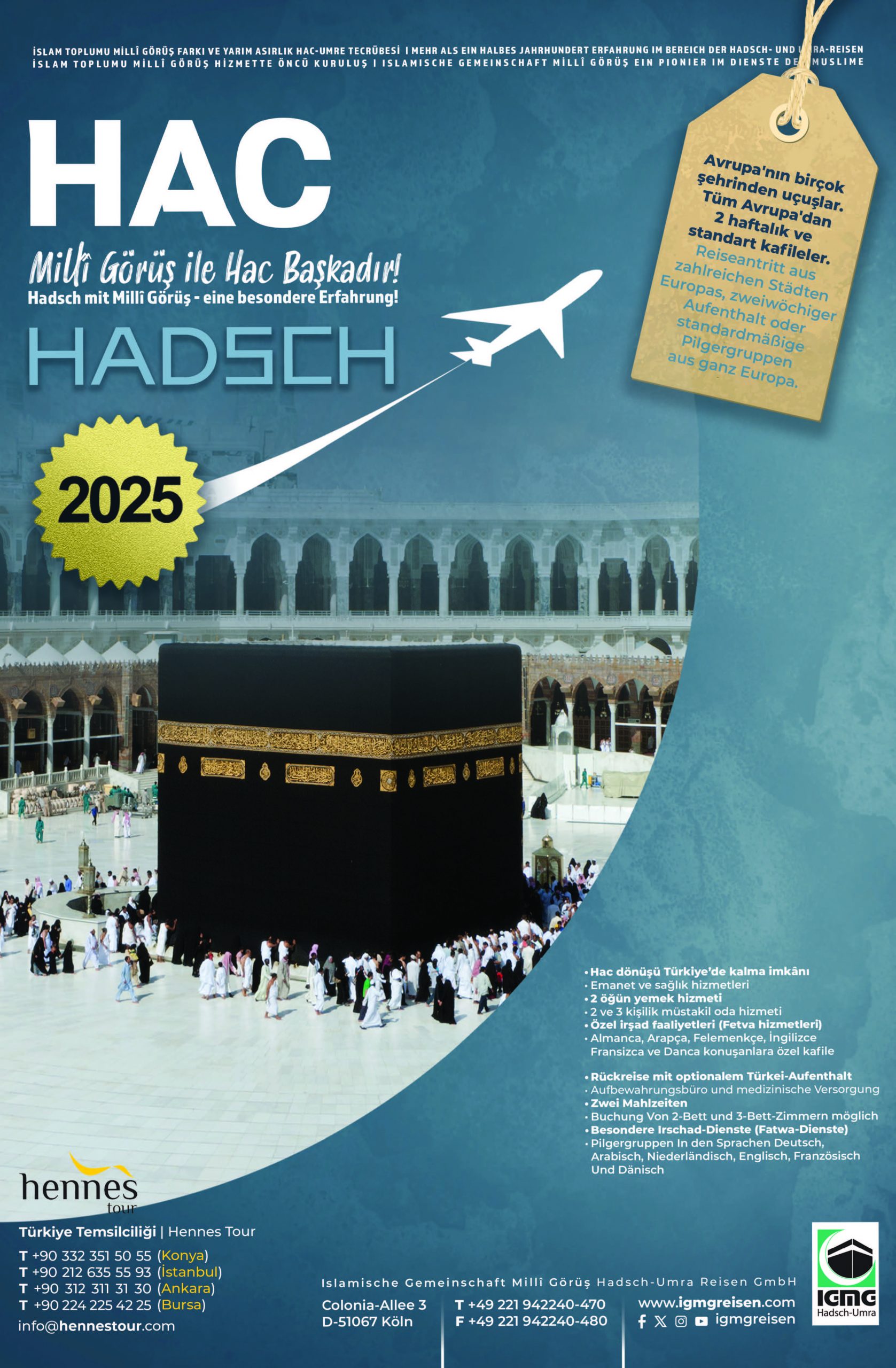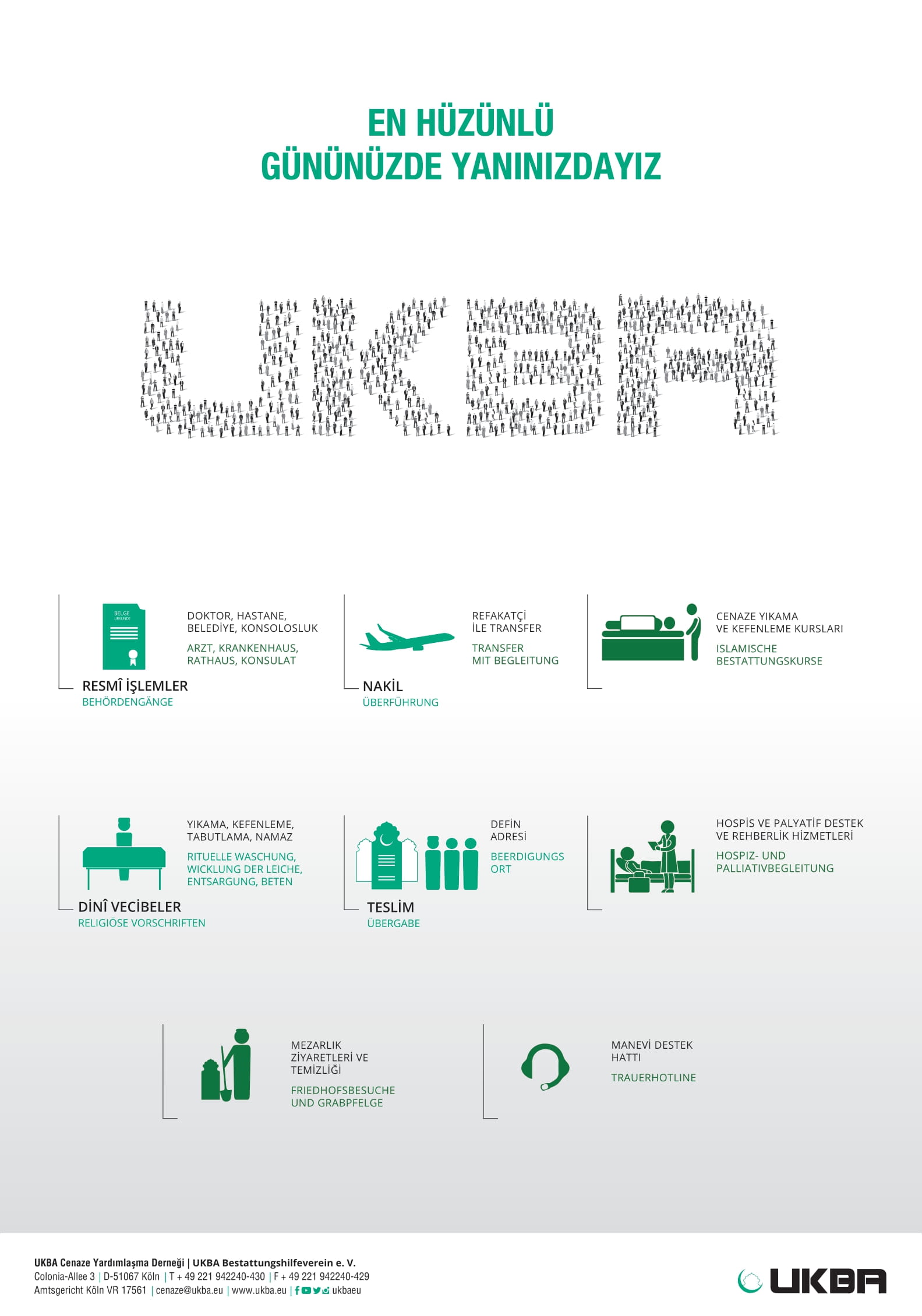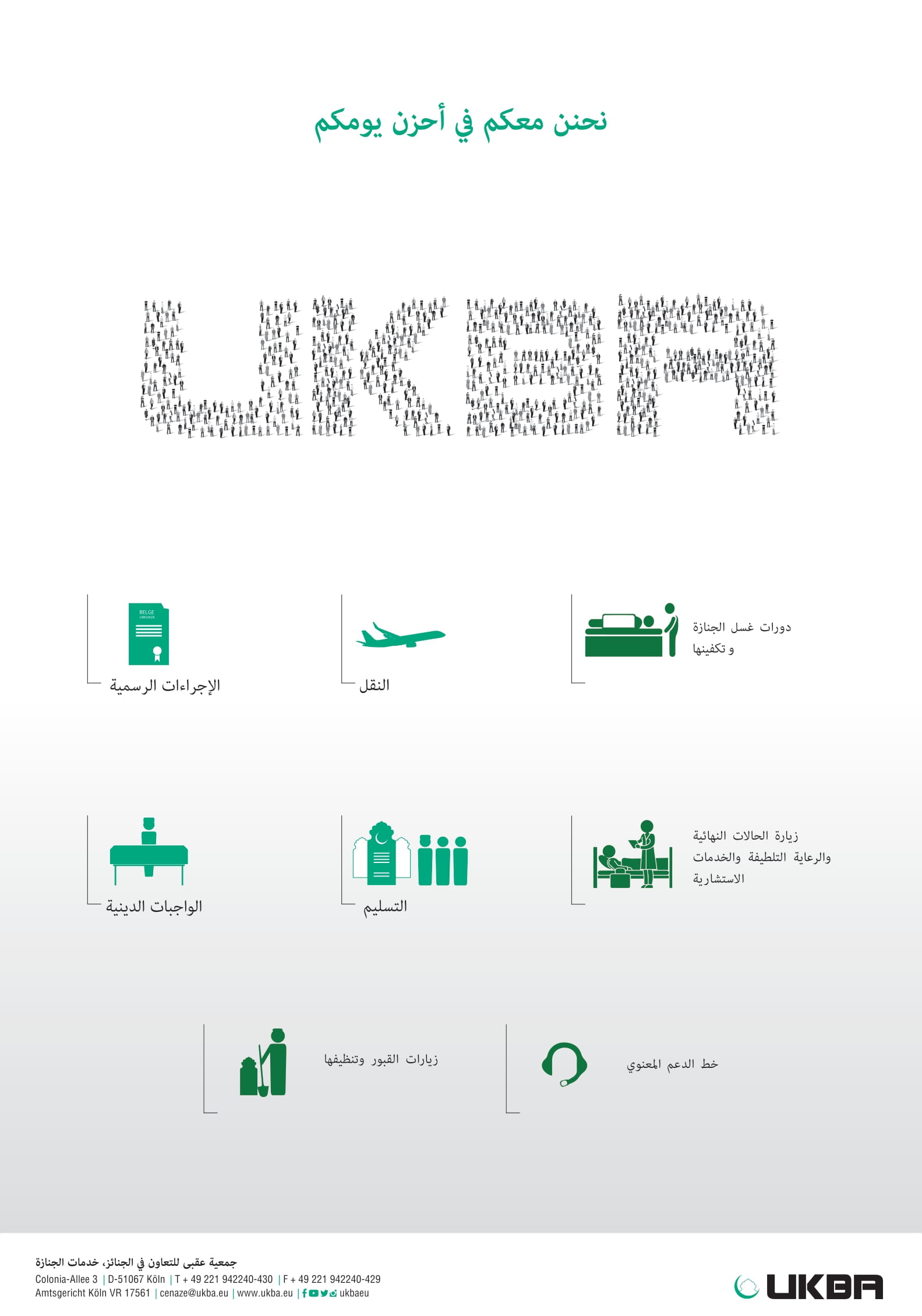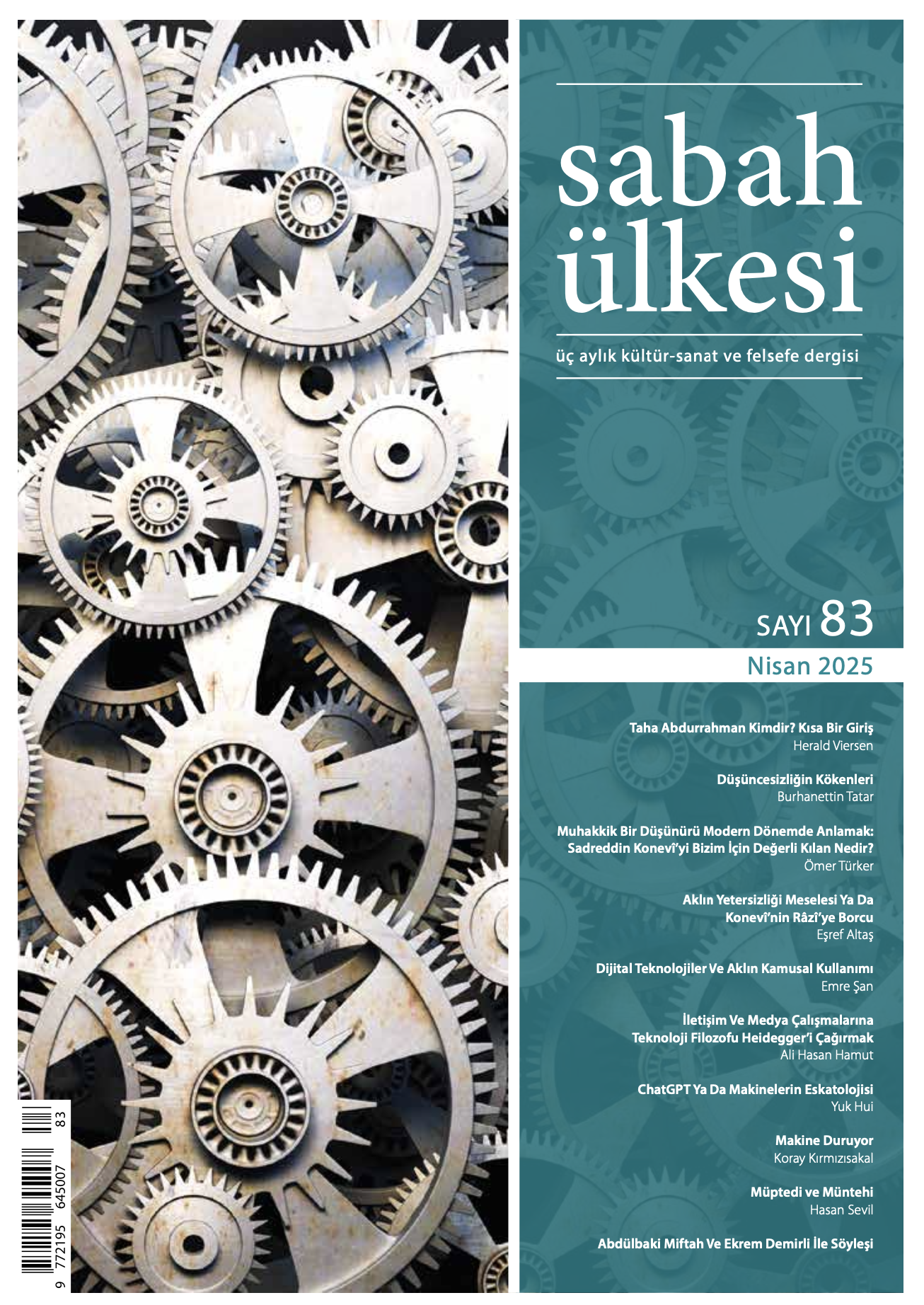Friday Khutba
Khutba: The Revival of Laylatul Qadr
07. May 2021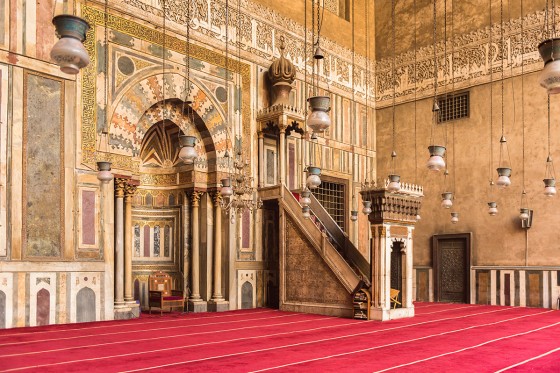
Dear Brothers and Sisters!
It is a period of time when Allah’s graciousness to His servants is abundant, sinners will be forgiven, and those who want to get rid of their mistakes can be forgiven, the holy Night of Power [Laylatul Qadr]. It is a night when the relief that the month of Ramadan sprinkles in our hearts reaches its peak. Endless praise to Allah (swt) for giving us this blessed fruitful night which is better than a thousand months and salutations to Rasulullah (saw).
Dear Brothers and Sisters!
The word “Qadr” means “reputation, value, worth, appreciation” in the dictionary. Allah (swt) sends down a separate chapter about this blessed night and mentions the value and worth of this night in the 97th Surah, Surah Al-Qadr. The Night of Qadr is better than a thousand months.[1]; that is, it is a better night than a lifetime. That night, is a night when angels, including Jabreel (a.s.), descend to the earth by the grace of our Almighty Lord (swt). The night is the night the Holy Quran begins to appear in the world. The night of the Qur’an; is the night of forgiveness; This night is the night of turning to our Lord with worship that is worth a lifetime.
Dear Jama’ah
Regarding the virtue of the Night of Power, the Prophet ﷺ says: “And whoever spends the night of Lailat Al-Qadr in prayer out of faith and in the hope of reward, his previous sins will be forgiven.[2] This includes praying, reading the Holy Quran, giving charity, being busy with prayer and Dhikrullah.
When the holy month of Ramadan came, the Messenger of Allah ﷺ said: “This month has come to you, and in it there is a night that is better than a thousand months. Whoever is deprived of it is deprived of all goodness, and no one is deprived of its goodness except one who is truly deprived.”[3]
Dear Mu’mins!
The Prophet ﷺ advised us to search for the last 10 days of the month of Ramadan in terms of reaching or searching for the Night of Power. He even said that he spent the last 10 days of each month of Ramadan in Masjid an-Nabawi, and that he stayed 20 days in the year of his death. Narrated by Aisha (ra).[4]
Our Lord in the Qur’an, about these nights says; By the dawn and [by] ten nights. These “ten nights are said to be the first 10 of Dhul-Hijjah, the first 10 of Muharrem or the last 10 nights of Ramadan.[5]
Dear Brothers and Sisters!
While reviving the Night of Power with various prayers, it would be beneficial for us, as believers, to review our relations with the Word of Allah on the night the Quran began to be revealed. Abu Musa al-Ashari (ra) said that I would be deceived not to look at my Lord’s command every day even if it was only once a day.[6] As it is reported, the Prophet (saw) said to his companions, “Give your eyes a share of worship!”. The Companions ask: “What is the share of the eyes, Ya Rasulullah?” Rasulullah ﷺ then said: “To look at the Mus’haf, to think about it and to take lessons from its subtleties”.[7] In line with this Prophetic message, our duty is to enlighten our eyes with the Qur’an, to understand and to teach ourselves by contemplating its subtleties.
Dear Brothers and Sisters
Let us conclude our khutba by reading the meaning of Surah Al-Qadr and also the dua that was recommended by Rasulullah (saw) to Aisha (ra). Indeed, We sent it [the Qur’ān] down during the Night of Decree. And what can make you know what is the Night of Decree? The Night of Decree is better than a thousand months. The angels and the Spirit [i.e., Gabriel] descend therein by permission of their Lord for every matter. Peace it is until the emergence of dawn.[8]
When Aisha’s (ra) asked; O Messenger of Allah! How should I pray that night if I know which night the Night of Power is?
اَللّٰهُمَّ إِنَّكَ عُفُوٌّ كَرِيمٌ تُحِبُّ الْعَفْوَ فَاعْفُ عَنِّي
Supplicate by saying “O Allah! You are most forgiving; you love to forgive. Forgive me!” Let’s read this Dua during that night. I pray that the blessed Night will bring goodness and abundance for the welfare and peace of the ummah. Ameen
[1] Surah Al-Qadr 3
[2] Buhari, İman 28
[3] İbni Mâce, Sıyâm, 1644
[4] Buhârî, Leyletü’l-kadr 3, Buhârî, İ’tikâf 17
[5] Nesefî Tefsiri c. 4, S. 518
[6] Hakîm-i Tirmizî: Nevâdiru’l Usûl, 333
[7] Beyhakî: Şu’abü’l-îmân (2003), 3/509 – İsnadında zaaf mevcuttur.
[8] Surah Al-Qadr 1-5







